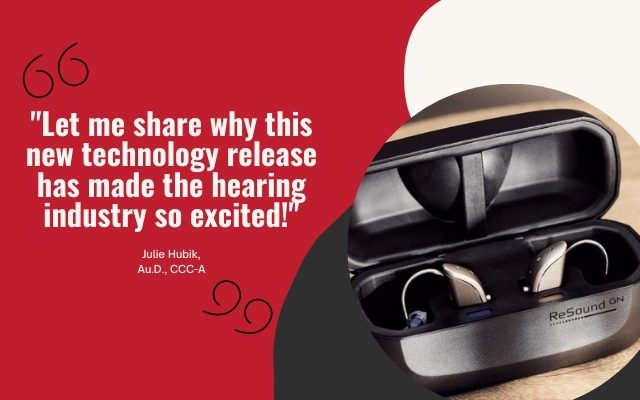Hearing aids are the most prevalent treatment option when it comes to treating hearing loss. Cochlear implants are an alternative treatment option that is utilized when hearing aids fail to work, especially in cases of severe hearing loss or total deafness.
Cochlear implants work by transforming the signals of sound coming from the environment into electrical impulses that activate the hearing nerve and take the sound signals to the brain. This device is implanted into the ear via a surgical procedure and is utilized as a treatment method when regular hair follicle functionality is greatly diminished.
Hearing aids as well as cochlear implants are both used for the treatment of sensorineural damage to hearing, which is the most prevalent form of hearing damage. Since hearing aids are non-surgical in their implementation and can treat a wide range of hearing difficulties, they are usually the more popular choice.
The U.S. Food and Drug Administration conducted a study in 2012 which found that while a staggering 12 million people in America use hearing instruments, only 58,000 adults as well as 38,000 children currently utilize cochlear implants. This means that the ratio of cochlear implant: hearing aid is 1:125.
Cochlear implants may sound scary, but they can be useful for treating severe cases of hearing loss. The internal receiver is the portion that is embedded surgically within your ear, and the microphone as well as a magnetic coil that transmits sounds is placed behind your ear as well as the side of your head. The microphone is responsible for registering the sound signals which is transmitted via the coil to the internal receiver. The receiver then produces electrical impulses which are sent via the auditory nerve towards your brain which interprets the sound.
Most people with mild to severe forms of hearing loss benefit from the use of hearing aids. Even if you have severe hearing loss, your audiologist may suggest that you use hearing aids initially to see how they work for you. If you find that you are unable to hear even while using hearing aids, then your audiologist may warrant the use of a cochlear implant.
Cochlear implants require further testing including x-rays or Magnetic Resonance Imaging as well as audiologic testing to determine whether the implants are best suited for your use. In most cases, hearing aids are sufficient to rectify hearing loss, which is why cochlear implants are not that widespread in their use. Cochlear implants are also more expensive due to their intricate placement procedures, which can also be an additional deterrent.
Hearing aids on the other hand, are most cost effective and flexible in their use and adjustment as well as maintenance and repair work. If you or a loved one suffers from hearing loss, talk to your audiologist about getting hearing aids or cochlear hearing implants which can change your life for the better.




